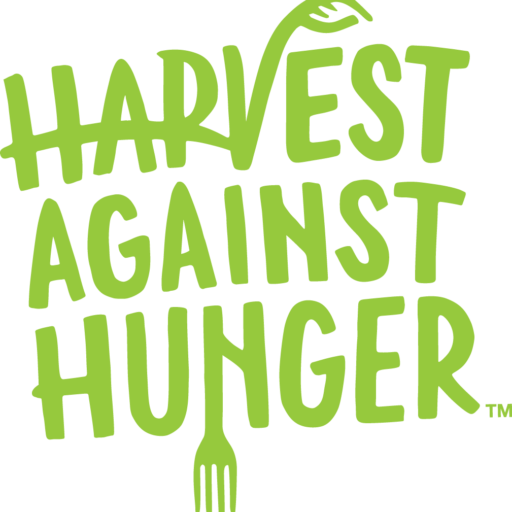A Fully DIY Volunteer Program: Trying to Facilitate as Much Harvesting as Possible at Urban Abundance
17.11.2020 in Culls/ Harvested, Education, Farms/ Gardens, Volunteer RelationsAnother method for Urban Abundance to adapt to the pandemic was developing an entirely online harvest program.


